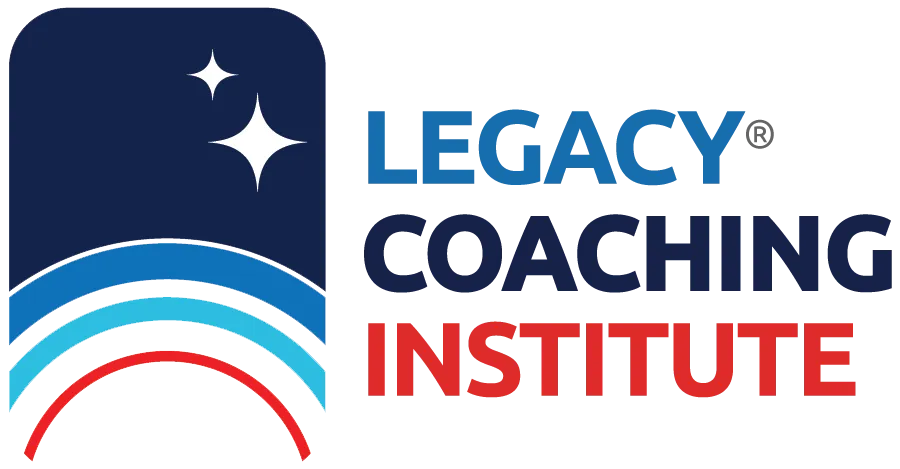It is crystal clear that the coaching industry is one of the fastest growing industries in the world today, and it is rapidly evolving to meet the needs of the clients all around the world.
In the coaching industry, every day, new niches are being established and new specialties are studied to fulfil the market’s potential for growth. One of the most important core competencies that ICF has created to support coaches and protect the coach and the client in the coaching session is “Maintains Presence.”
What Does “Maintain Presence” Mean?
This is one of the most powerful competencies as it is the heart of focus when the coach is in a coaching session with the client while being very flexible, open to the client’s perspective and confident with one’s intuition. The following three groups will identify what the core competency highlights.
1.Responsive Not Reactive
It is very important to be very focused in the coaching session while observing the client’s reactions and being very responsive not reactive.
When would the coach be responsive and not reactive? The Coach must be very attentive to every word that the client says because his aim is to ask “Client-Based Questions” not “Coach-Based Questions.”
Therefore, by listening to the client’s emotions in every breath, gesture and word, the coach will be able to respond by the most powerful questions instead of reacting by general questions to the client’s answers. As a result, the coach would be able to put the client in a state of flow to reach the most needed AHA moments to unlock their full potential.
Being responsive means being prepared for the clients’ reactive responses at times. For instance, knowing how to turn “I don’t know,” into an AHA moment to serve the client. It means managing the client’s emotions with full on psychological barriers to not adopt those feelings during or after the coaching session.
2.Curiosity and Unknown
The coach by nature must have “input” as one of his strengths which means that he is in constant search for answers about all situations and matters in life.
The coach must have the courage that is always framed by curiosity to probe and dive into sensitive areas that will unleash the client’s full potential.
Of course, with that being said, client’s permission must be granted to ask sensitive questions after rapport had been strongly established.
Coaches must have the courage to face the unknown that might show up in the session as a result of their curiosity with great comfort.
3.Intuitive
A great deal of the coach’s presence in the session is their ability to sense that the problem the client is facing could rarely be the actual problem they are facing.
Only a great coach would trust his intuition to know that there is more to the issue than what the client is saying out loud.
They must have the courage to trust their instinct and provoke further emotions while excellently managing those emotions with great confidence in the session.
Being intuitive includes being silent at times to allow the client to pause and reflect on everything that they have said throughout the whole session.
